From Controversial To Canceled: Movies That Would Face Backlash In Today’s Social Climate
With each new year comes a collection of movies that fail to attract much interest. Whether it's due to inept film-making, an obnoxious tone, illogical characters, or simply boring stories, audiences see fit to drop them like a bad habit.
But sometimes, the problems people see with a movie aren't widely apparent until long after it's made. That could be due to the real-life actions of someone involved, or it could be baked into the movie's plot. But in either case, these movies are more likely to offend audiences now than when they were released.
Ace Ventura: Pet Detective (1994)

Although Ace Ventura: Pet Detective will always hold a special place in many comedy fans' hearts as one of the movies that made Jim Carrey a star, the way it handles the main antagonist's gender identity is more likely to make modern audiences cringe than laugh.
When Ace discovers she's transgender, both his exaggeratedly disgusted reaction and those of everyone he reveals this information has hardly helped the film age well.
Gone With The Wind (1939)
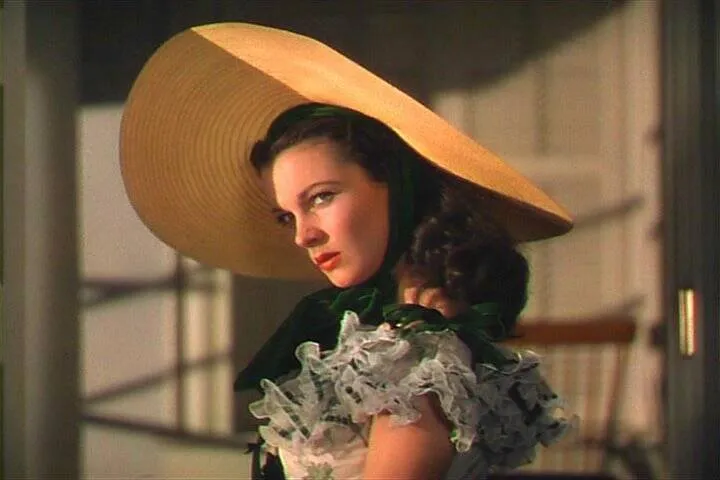
Although the film's artistic ambitions and striking performances give Gone With The Wind the reputation of an essential cinema classic, its implicit messaging has made its legacy far more complicated in the decades since its release.
While part of this modern criticism comes from the film's framing of its Black characters, Gone With The Wind is more fundamentally criticized for its glorification of the antebellum South and its uncritical adoption of the Confederacy's "lost cause" narrative.
Indiana Jones And The Temple Of Doom (1984)
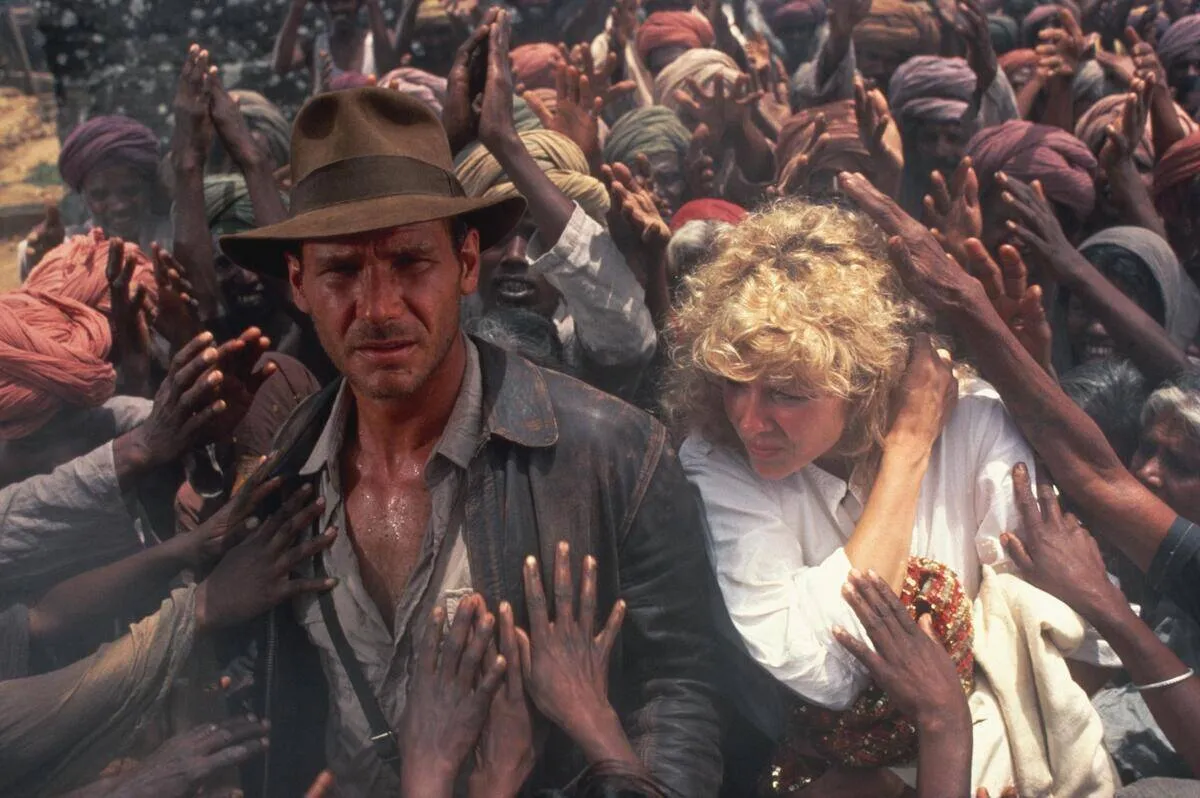
Indiana Jones And The Temple Of Doom is a special case in that it's not hard to imagine a studio making it today. In fact, it's not even hard to imagine that the movie would be as successful as it was in the '80s.
However, what is hard to imagine is that a movie that features monkey-brain eating and a scene in which a character's heart is graphically ripped out while he's still alive would secure a PG-13 rating. Nowadays, this film would either undergo some edits or end up with an R rating.
The Passion Of The Christ (2004)
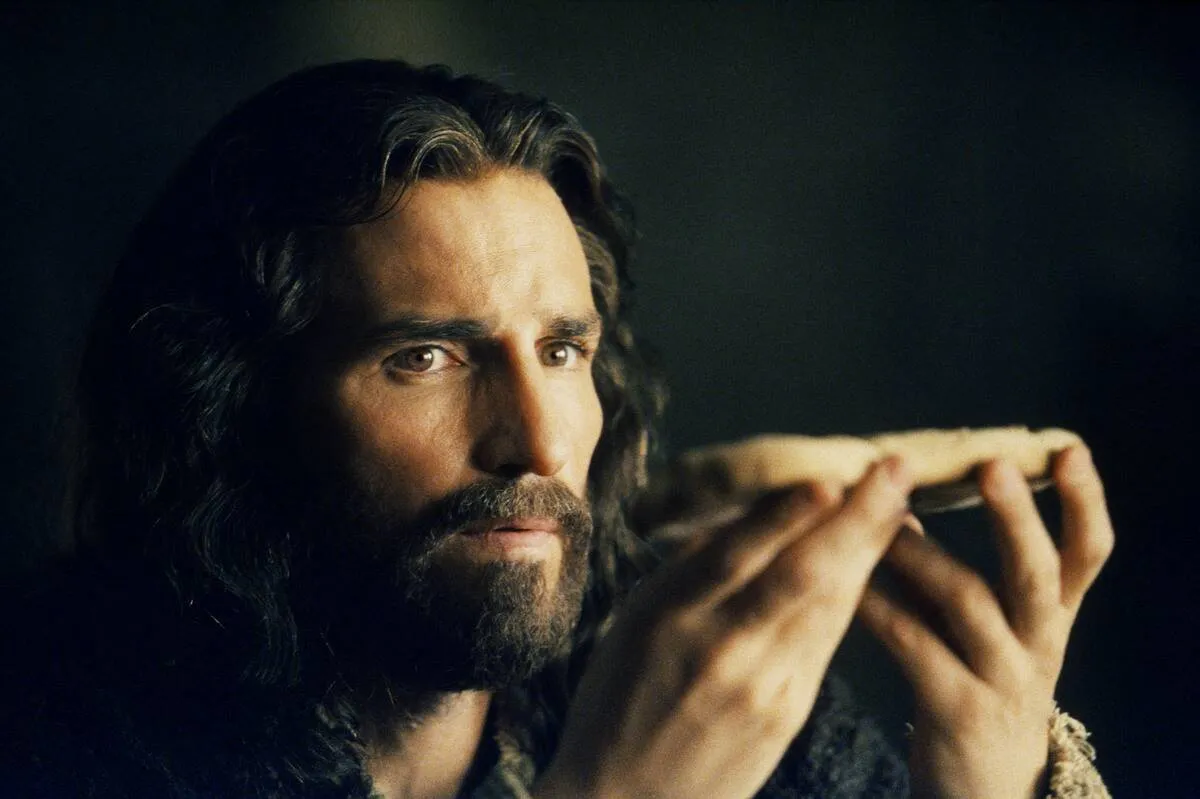
Although The Passion Of The Christ was acclaimed as a harrowing depiction of Jesus's final days, some critics at the time accused the film of carrying an anti-Semitic tone with the framing of its Jewish characters.
But while ABC News reported that director Mel Gibson's statements at the time reflected some potentially plausible deniability for any such bias, his own remarks during his arrest two years later stripped away this benefit of the doubt.
Forced Vengeance (1982)
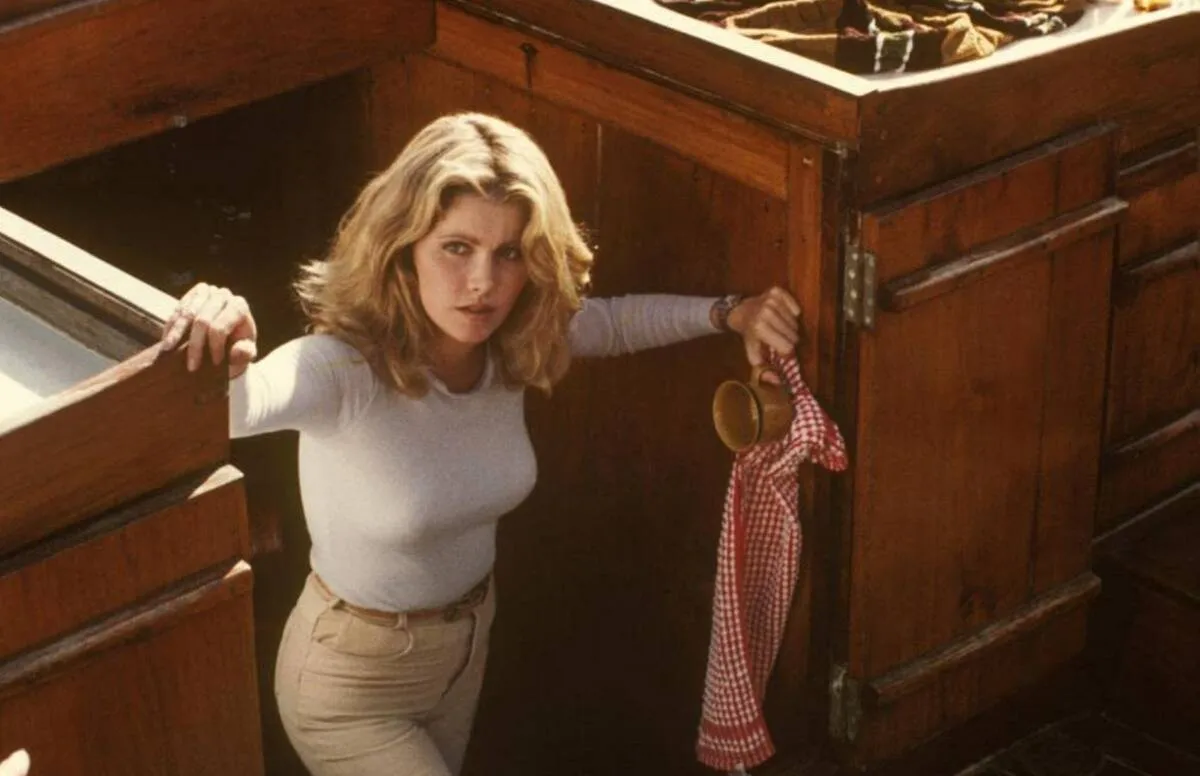
Forced Vengeance is a Chuck Norris movie that sees his character, Jack Randall, fight against a criminal organization in Hong Kong.
Although the movie's treatment of the local culture is more respectful than other films at the time tended to be, the overuse of non-consensual acts as a plot device would likely draw criticism today. The line, "Never let your girl handle your piece," doesn't help matters either.
Sixteen Candles (1984)
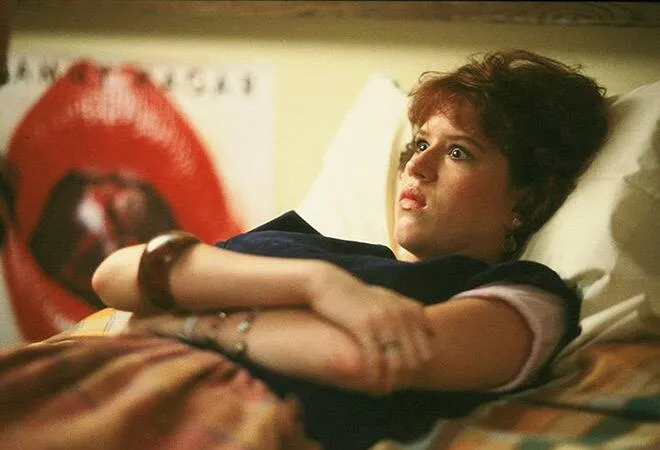
Although John Hughes's filmography is packed with '80s classics, that doesn't mean all of his films have aged particularly well. Unfortunately, Sixteen Candles is possibly the worst offender in this regard.
Not only is the racial humor underlying the character Long Duk Dong much more uncomfortable in retrospect but so are the issues of consent behind the first time Molly Ringwald's Samantha and Antony Michaell Hall's Ted get intimate.
Manhattan (1979)
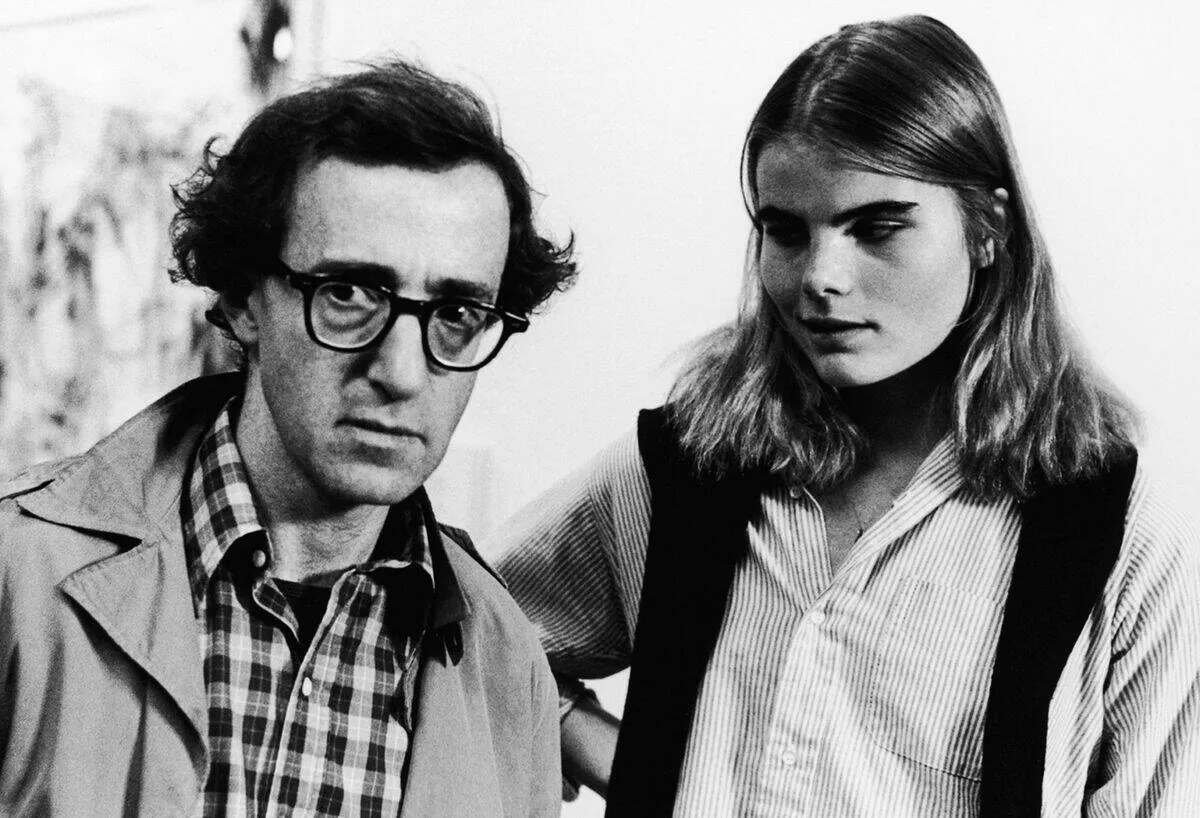
Although the age gap between Woody Allen's character in Manhattan and Mariel Hemingway's 17-year-old character is supposed to be scandalous, the real-life facts behind it make it an uncomfortable watch.
According to Vanity Fair, that's because Hemingway discovered Allen allegedly wanted life to imitate art and waited until she turned 18 so he could whisk her away to Paris. Despite her parents approving of the arrangement, Hemingway declined.
Crocodile Dundee (1986)
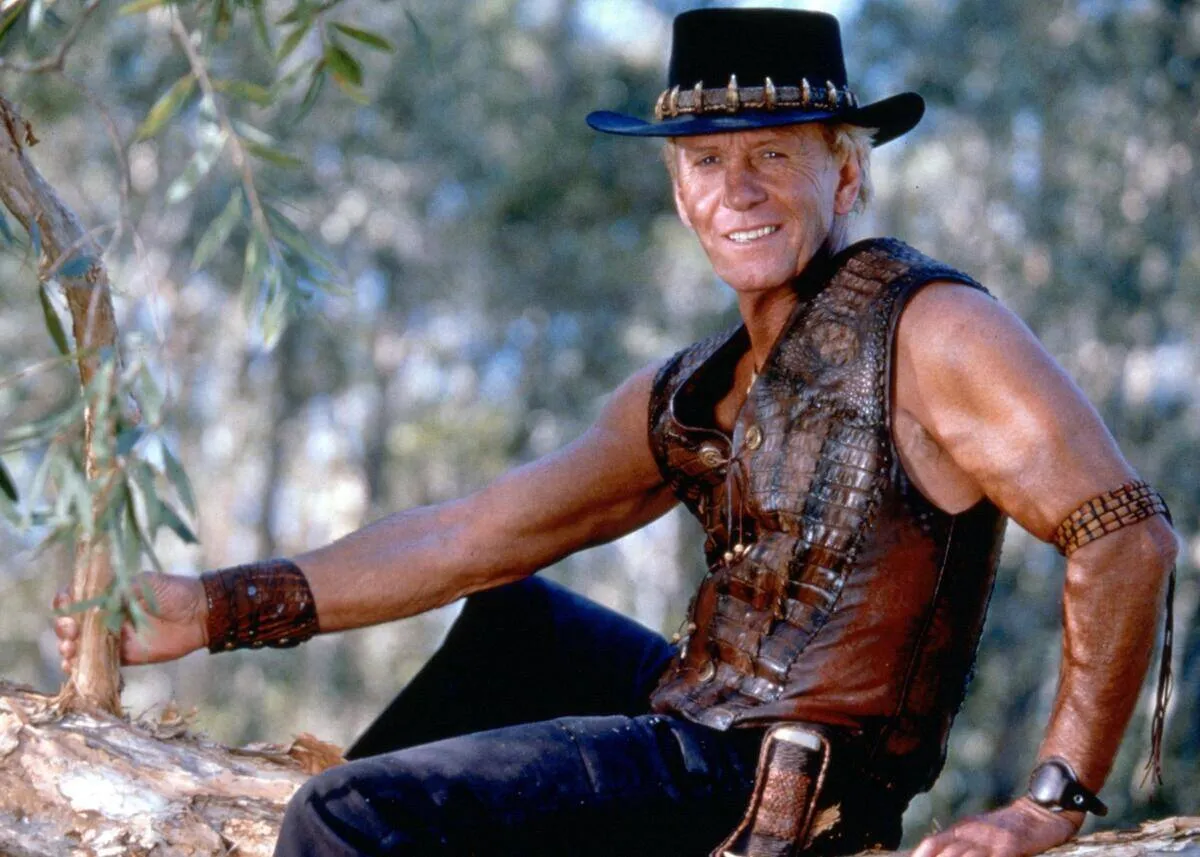
Paul Hogan's charisma has all but vouchsafed the enduring legacy of Crocodile Dundee, but the movie would need some serious rewrites if it were made all over again today.
Because while everybody remembers "That's not a knife, that's a knife," it's much easier to forget how clumsily the movie's other jokes handle gender identity, relationships, race, and consent.
We'll Never Have Paris (2014)
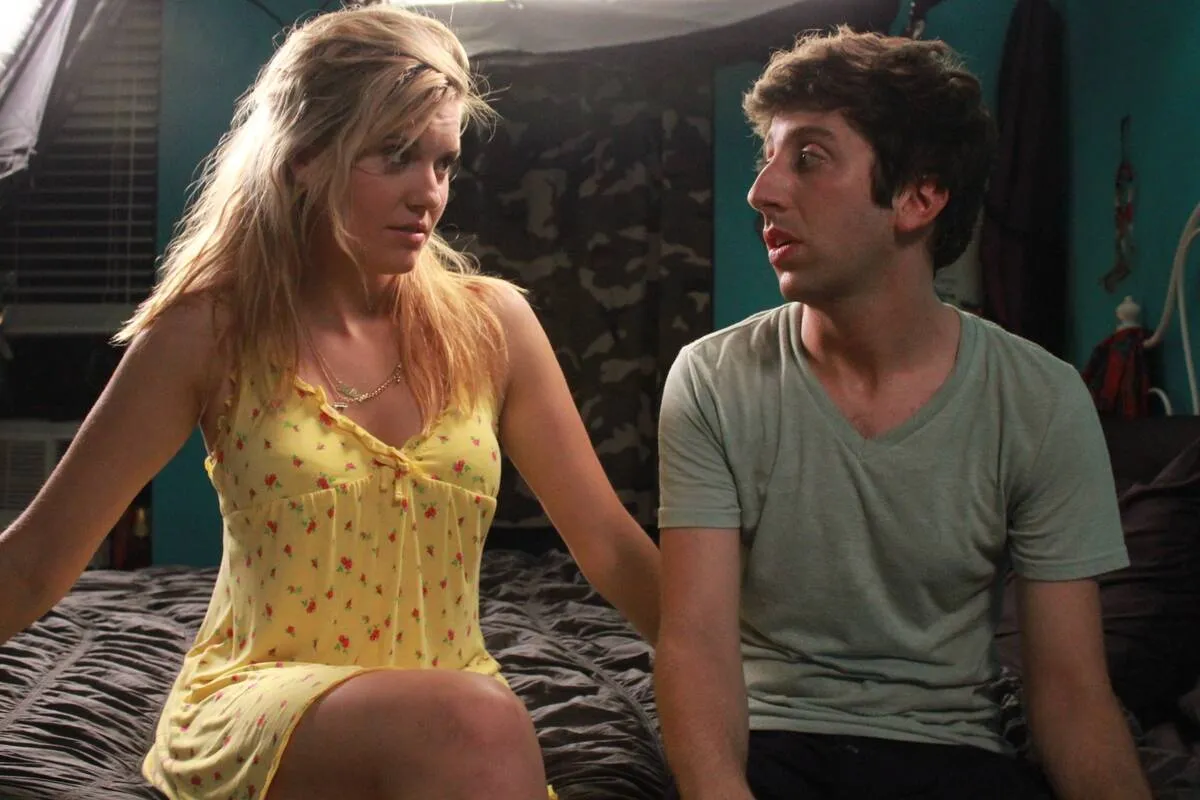
One could hardly call We'll Never Have Paris — a film through which The Big Bang Theory's Simon Helberg and his wife Jocelyn Towne told the story of their real-life relationship — a comedy classic.
Critics maligned the film as overly exaggerated and derivative upon its release, but viewers may enjoy it even less nowadays. Rather than a romantic leap of faith, the main character's decision to follow his ex-girlfriend all the way to Paris would come off as concerning and stalker-like behavior.
Breakfast At Tiffany's (1961)
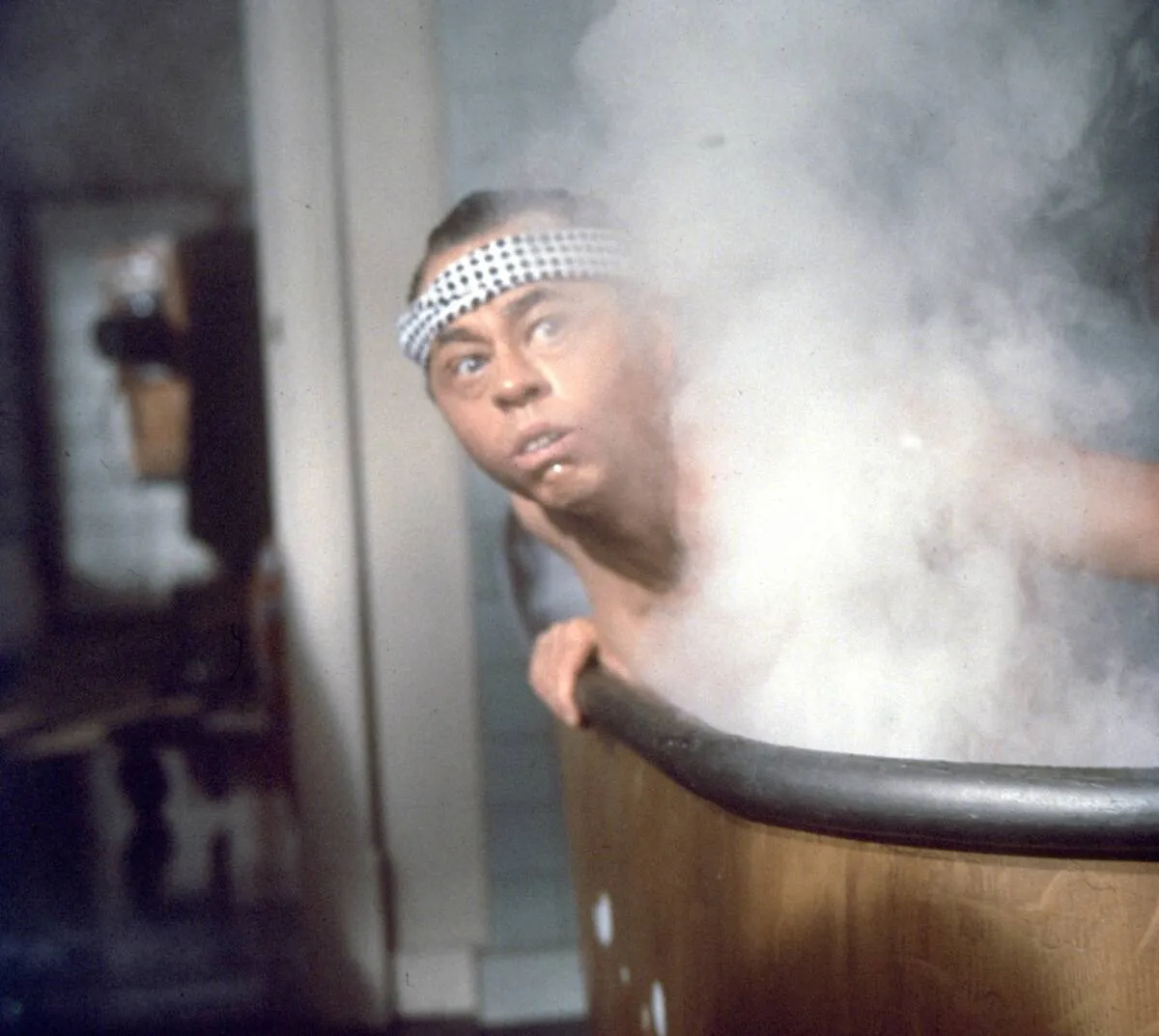
Although Audrey Hepburn's unforgettable charm almost makes Breakfast At Tiffany's timeless, the same cannot be said for Mickey Rooney's portrayal of her landlord, Mr. Yunioshi.
The prospect of casting a white actor to play an Asian character, in general, is controversial nowadays, but Rooney's stereotype-laden performance is now considered one of the most offensive depictions of an Asian character in cinema history.
The Silence Of The Lambs (1991)
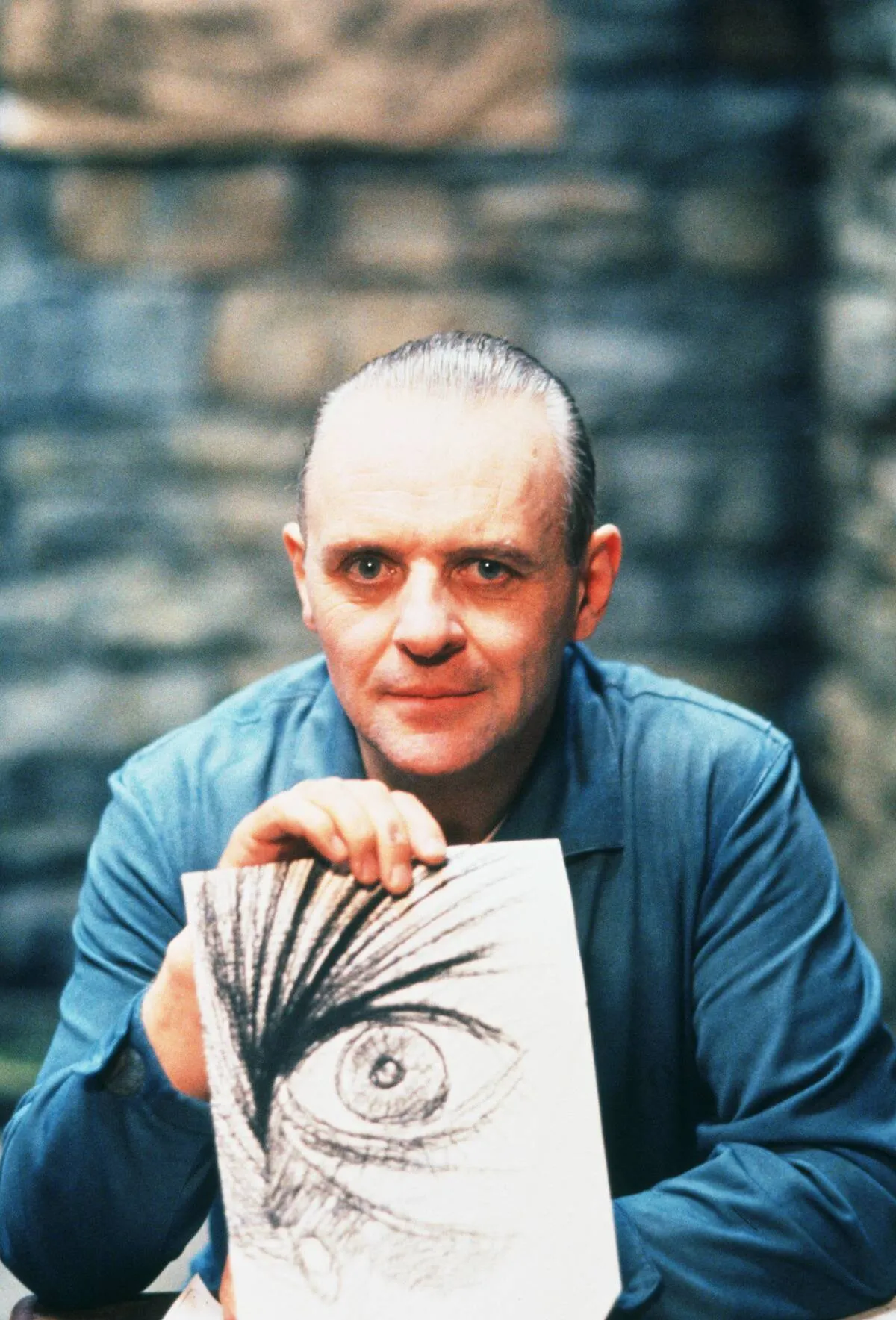
Over 30 years later, The Silence of The Lambs remains a tense, brilliantly executed psychological thriller with multiple career-making performances.
However, the movie also has a complicated legacy in modern times due to how it connects the main antagonist, Buffalo Bill's gender identity, with the character's unspeakable crimes. Unfortunately, the movie's success would help popularize this unwanted trope.
Big (1988)
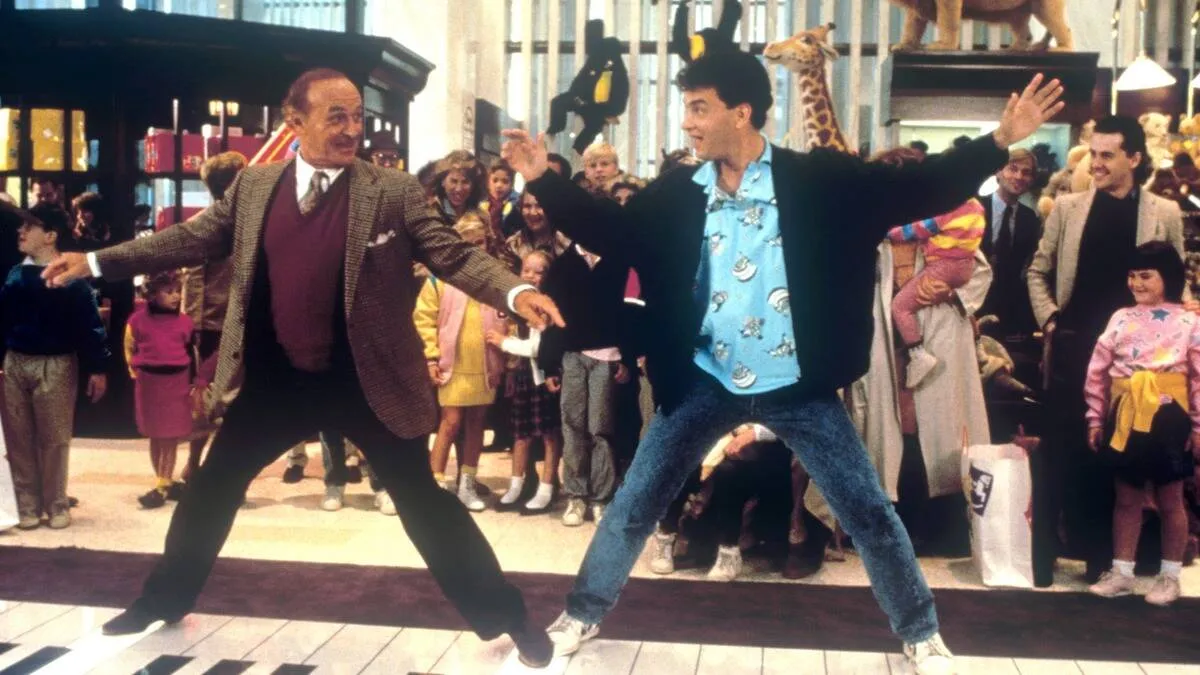
For the most part, Big is a heartwarming and funny classic that's great for the whole family. But there's one aspect of Tom Hanks's big break that is a little too hard to ignore in retrospect.
Although Josh Baskin considered his intimate relationship with Susan a wonderful aspect of his suddenly grown-up lifestyle, co-star Elizabeth Perkins has since acknowledged the unfortunate implications of that relationship in an interview with The Guardian. Because while Hanks was a grown man, his character was still technically a 12-year-old boy inside.
The Breakfast Club (1985)
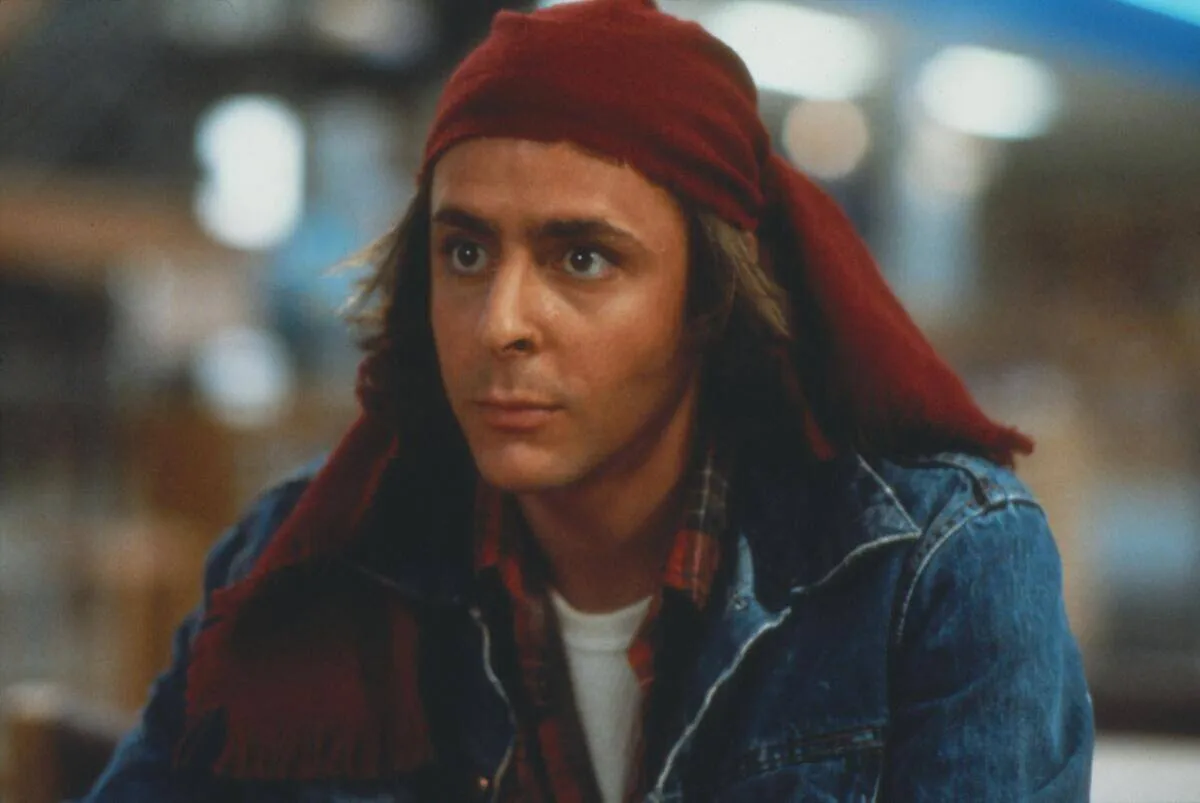
The John Hughes classic The Breakfast Club remains beloved for a reason and relatably touches on the pressures of adolescent life that influence how teens interact with each other and with authority figures.
Still, it's hard for some modern audiences to stomach the fact that Judd Nelson's character, John Bender, ends up in a relationship with Molly Ringwald's Claire despite violating one of her most seriously intimate boundaries earlier in the movie.
The Notebook (2004)
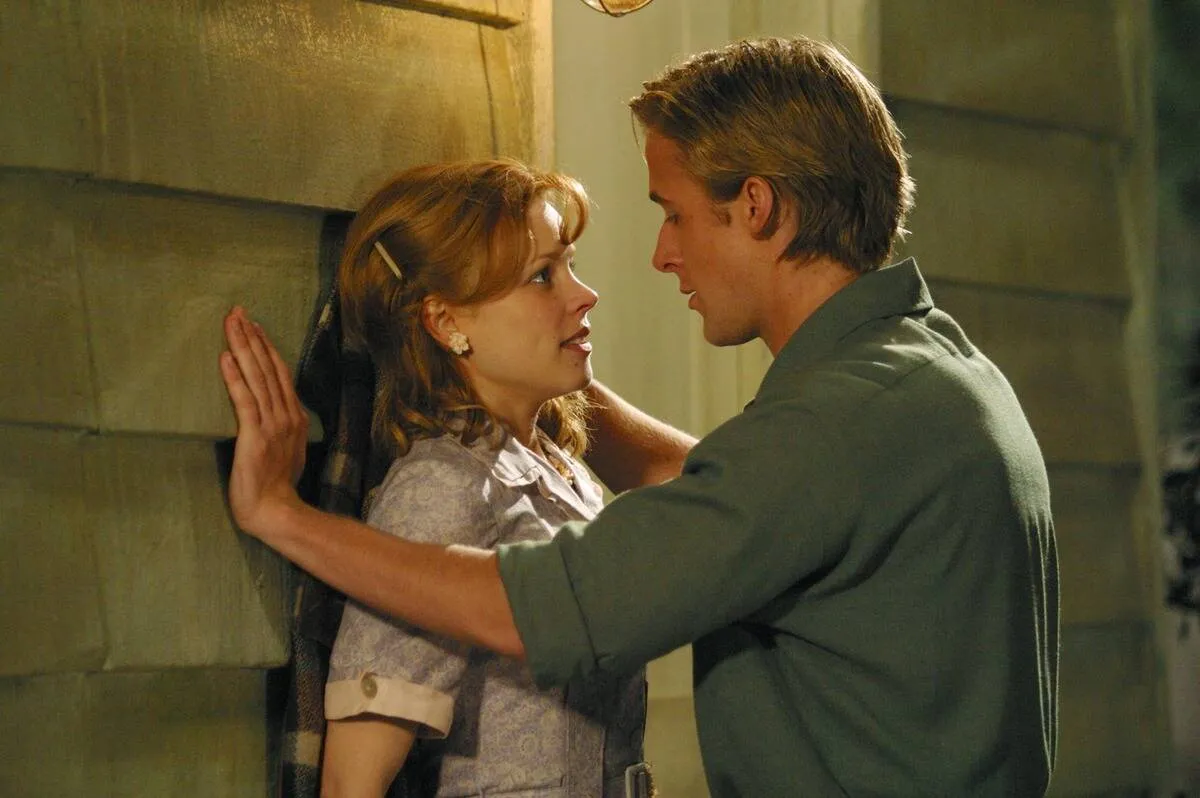
Although it's a go-to tear-jerking romance for many, it's not uncommon for those who watch The Notebook with younger relatives to walk away seeing the movie differently than they did the first time around.
After all, it's hard to ignore that Allie and Noah's lifelong romance begins on a concerning and manipulative note. Namely, he threatens to endanger his life by jumping from a Ferris wheel to pressure her into going out with him.
Aladdin (1992)
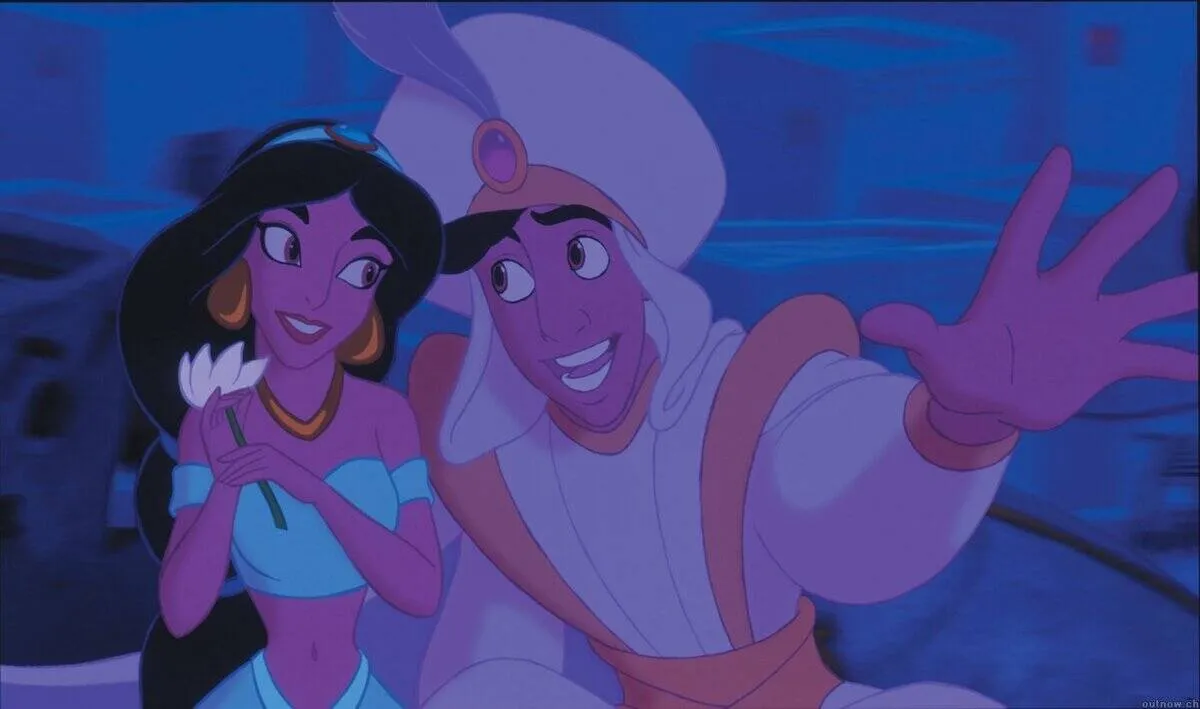
From the lush animation to Robin Williams's irreplaceable turn as The Genie, a great deal about Aladdin remains timeless.
However, it seems Disney is well aware of what hasn't aged as well about the movie because the Disney+ version begins with a disclaimer about the stereotypical and questionable way Middle Eastern cultures are portrayed in the movie. They also swapped out two lyrics from the opening theme, "Arabian Nights," for similar reasons.
Love Actually (2003)
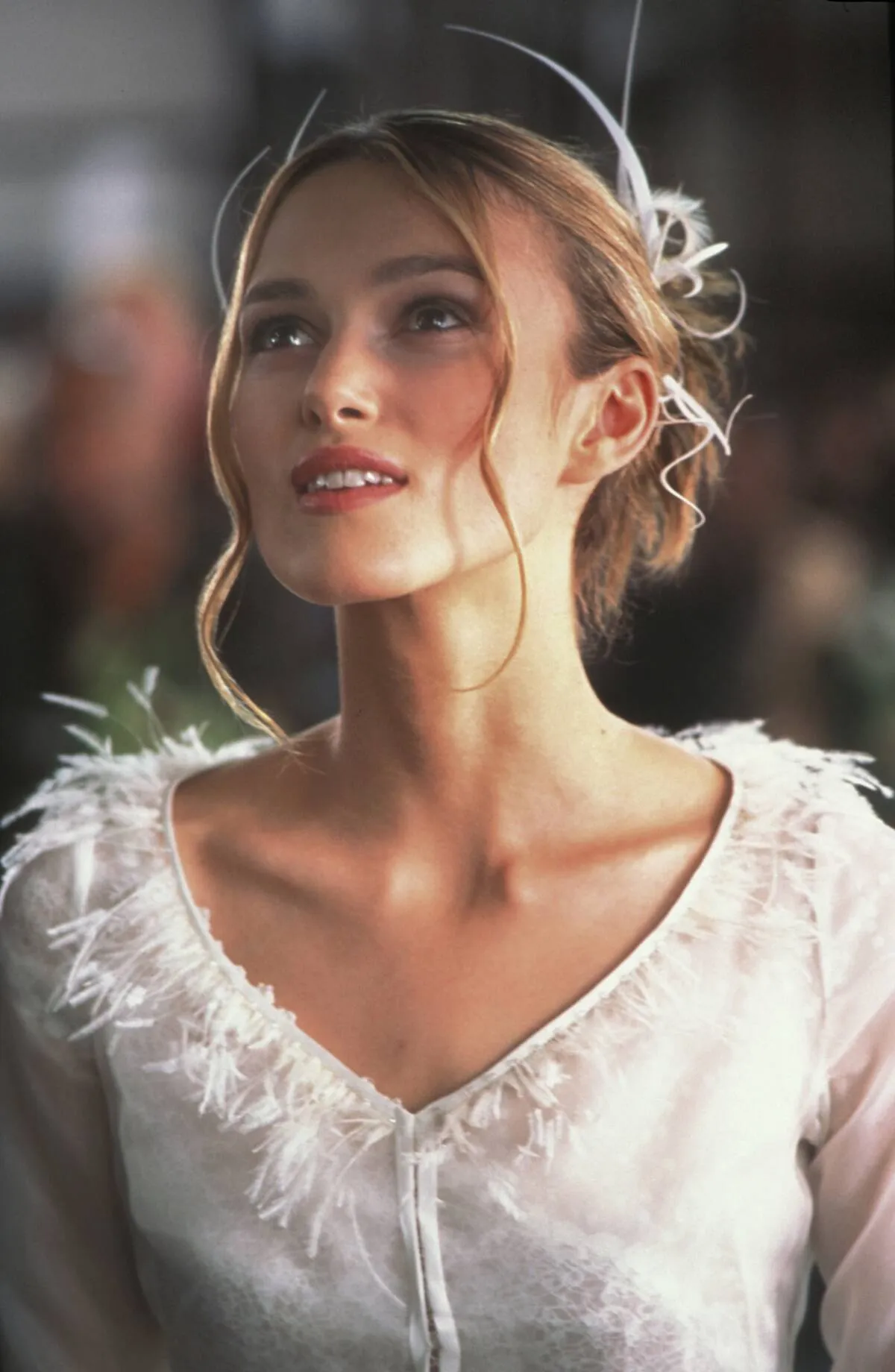
Although there are some issues modern viewers have found with the beloved 2003 romantic comedy Love, Actually, perhaps the most glaring involves the secret infatuation Andrew Lincoln's character has for Keira Knightley's character.
Even if she weren't in the middle of marrying his best friend, his clear obsession with her and grand attempts to win her over would likely come across more as unhealthy and creepy than romantic nowadays.
Wedding Crashers (2005)
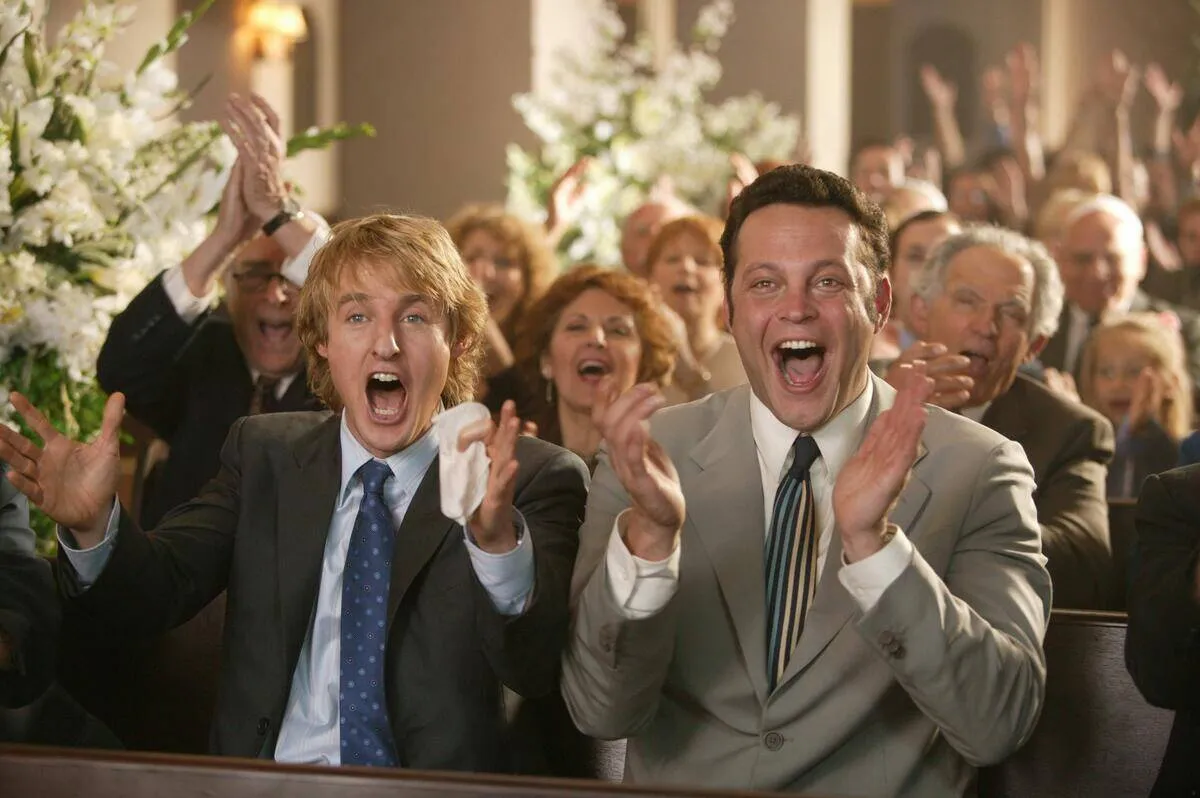
Although Wedding Crashers is obviously a raunchy and transgressive comedy, one aspect that's hard to enjoy even with that framing in mind concerns the first time Vince Vaughn and Isla Fisher's characters get intimate.
Since it's treated as part of the happy ending when they become a couple in the film's latter half, it seems the audience is supposed to forget about the fact that their first time together is clearly non-consensual for Vaughn's character.
Tropic Thunder (2008)
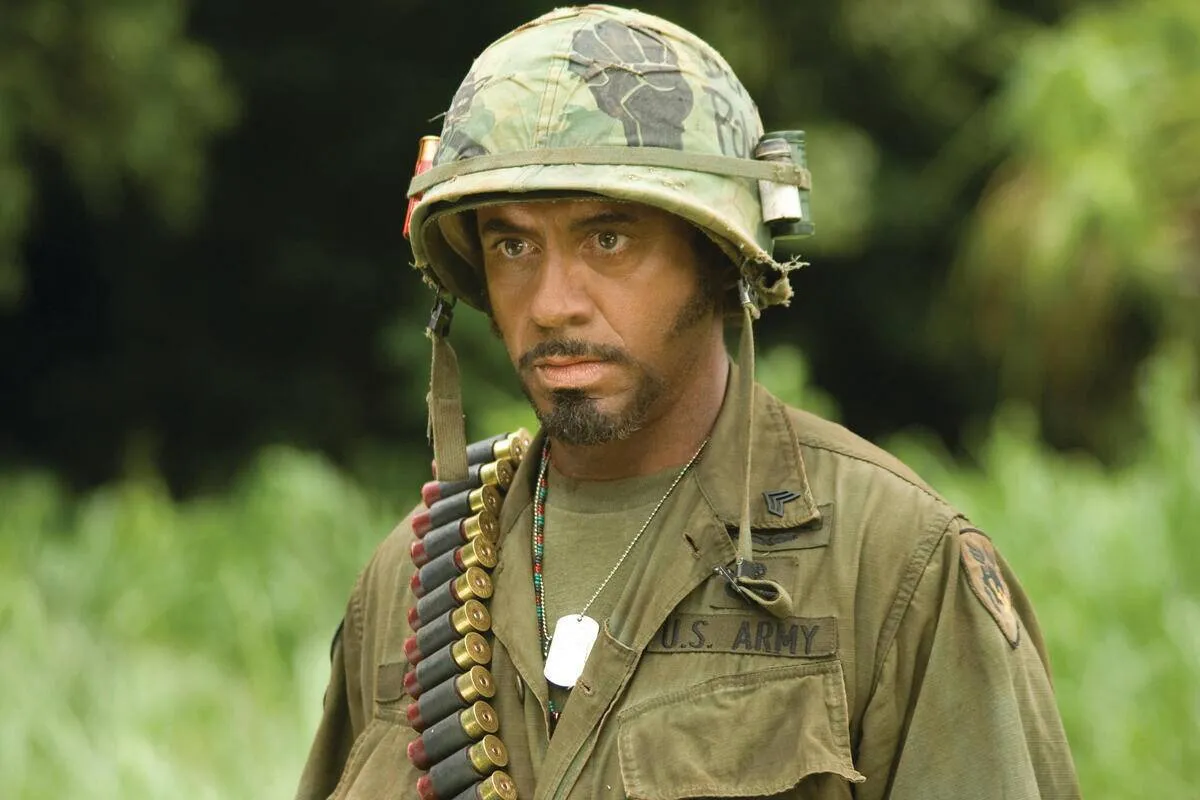
Considering the satirical context behind Robert Downey Jr.'s portrayal of an actor in blackface in Tropic Thunder, it could be an oversimplification to say that one categorically couldn't make the comedy today.
But considering how hotly debated the necessity of this makeup choice has been ever since, it does seem likely that Tropic Thunder would have generated far more controversy if it were released now compared to 2008.
White Chicks (2004)
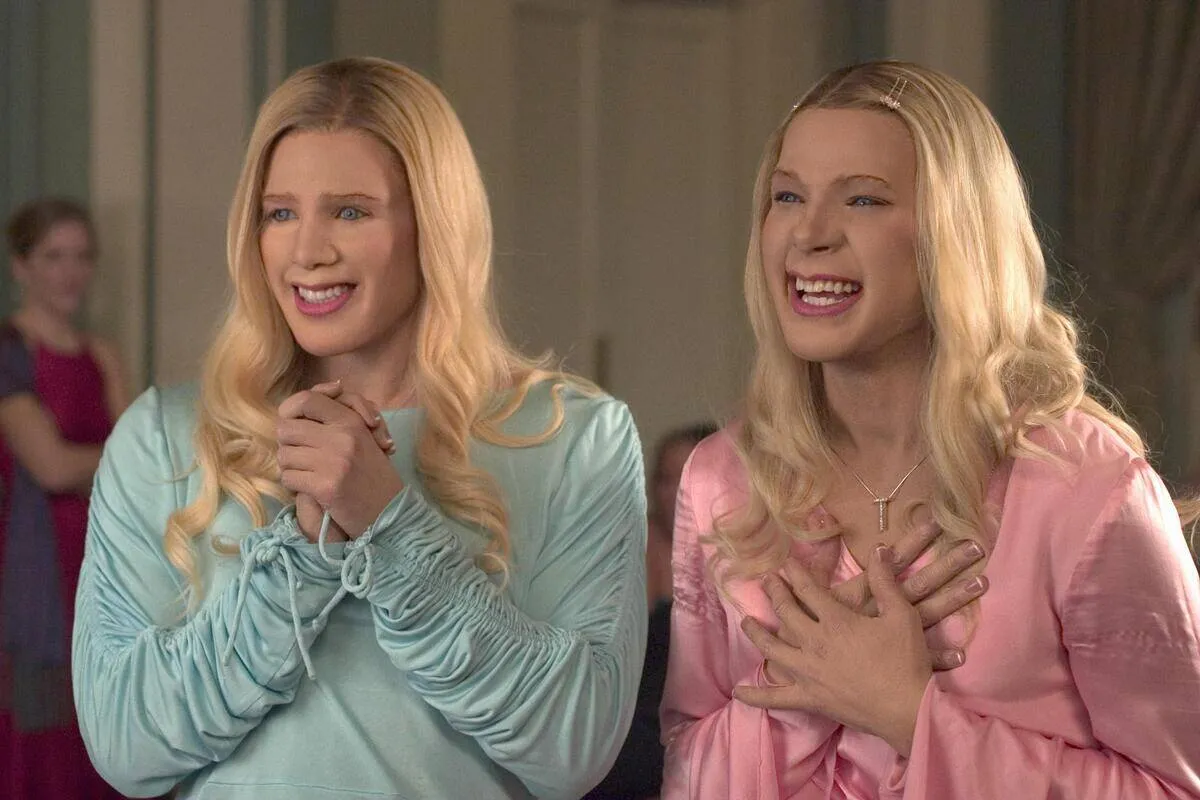
Although White Chicks was roundly criticized for its overly broad comedy and terrifying use of prosthetics upon release, a modern viewer able to look past those aspects might still find more than they bargained for.
Needless to say, a movie that requires its actors to portray different races is inherently a hard sell nowadays.
Drop Dead Gorgeous (1999)
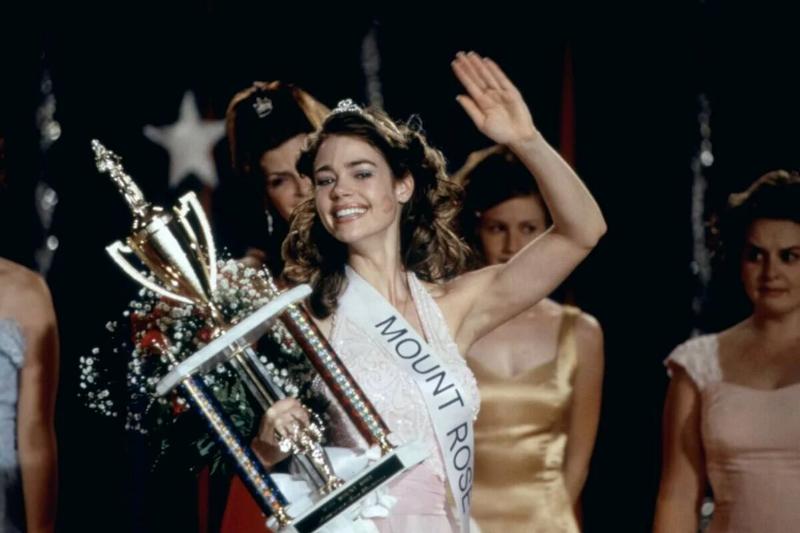
Drop Dead Gorgeous isn't a widely remembered comedy, but it's appealed to enough people over the years to develop something of a cult following.
But anyone curious to know what they see in it should be advised that the movie isn't exactly kind to one mentally disabled character. Be prepared to hear the R-word multiple times.
Revenge Of The Nerds (1984)
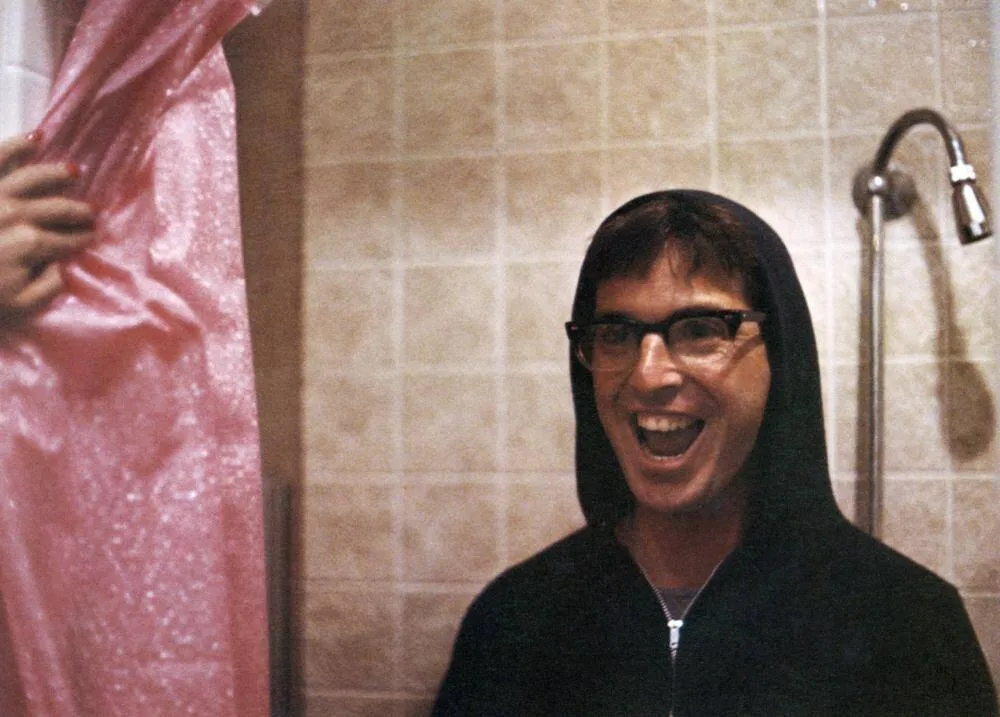
Revenge Of The Nerds saw success as a racy comedy, but the nerdy characters that audiences sympathized with at the time are now regarded as villainous in their own right.
Not only do these characters invade the most intimate privacy of their female classmates, but one character convinces one of them to hook up with him while pretending to be her boyfriend. This is portrayed as a raucous prank in the movie, but it's a serious criminal act in real life.
American Beauty (1999)
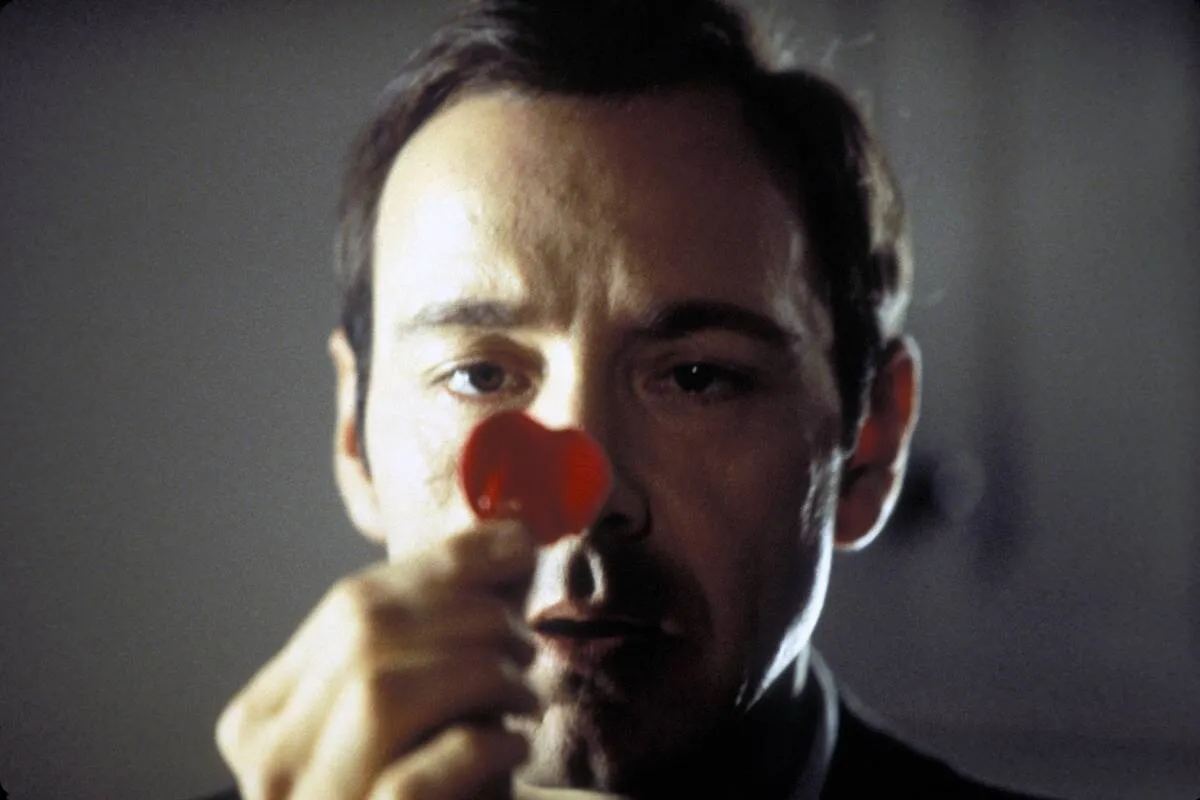
American Beauty was a controversial movie upon release and isn't afraid to tackle uncomfortable taboos.
The movie's plot deals with an underage relationship with an older man, something that is deeply frowned upon in society and would not be showcased in film today.
Pocahontas (1995)
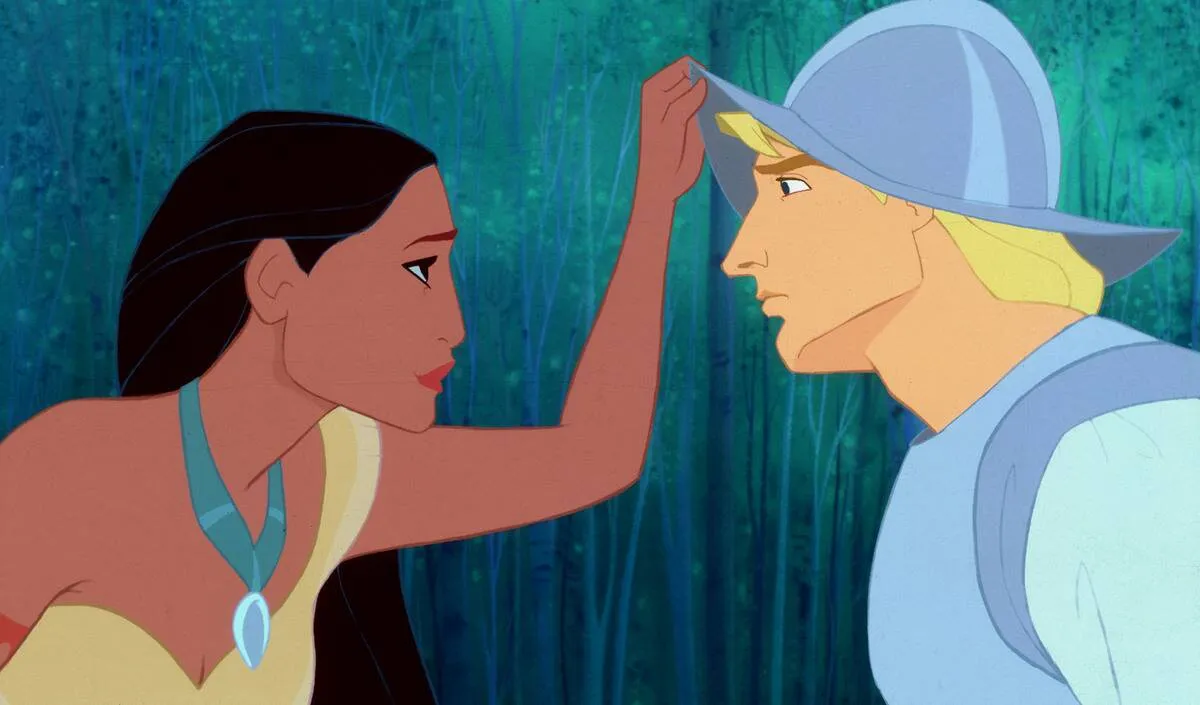
Although the story of Pocahontas sees the love of its titular character conquer intolerance between warring factions, many modern viewers are now aware that the movie severely sanitizes her much sadder real-life story.
For one thing, the Smithsonian Magazine reported that the story of Pocahontas falling in love with John Smith and saving him from execution was fabricated by Smith himself. In real life, she was about 11 years old and — according to the Virginia Museum of History and Culture — abducted by his fellow Englishmen.
Teen Wolf (1985)
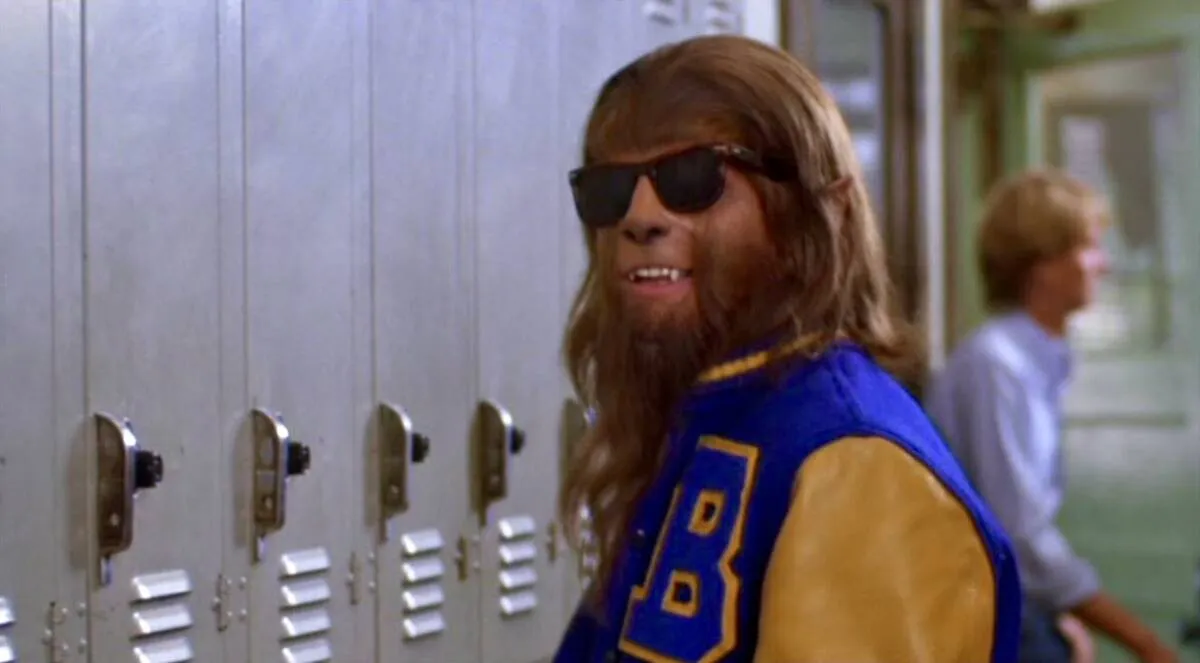
As evidenced by the fact that Teen Wolf was adapted into a successful TV show, there isn't much that needed to change for it to be acceptable to modern audiences.
But considering the homophobic way that Scott Howard's friend reacted when he was about to reveal his true werewolf nature to him, there's still a significant difference between not having to change much and not having to change anything.
Peter Pan (1953)
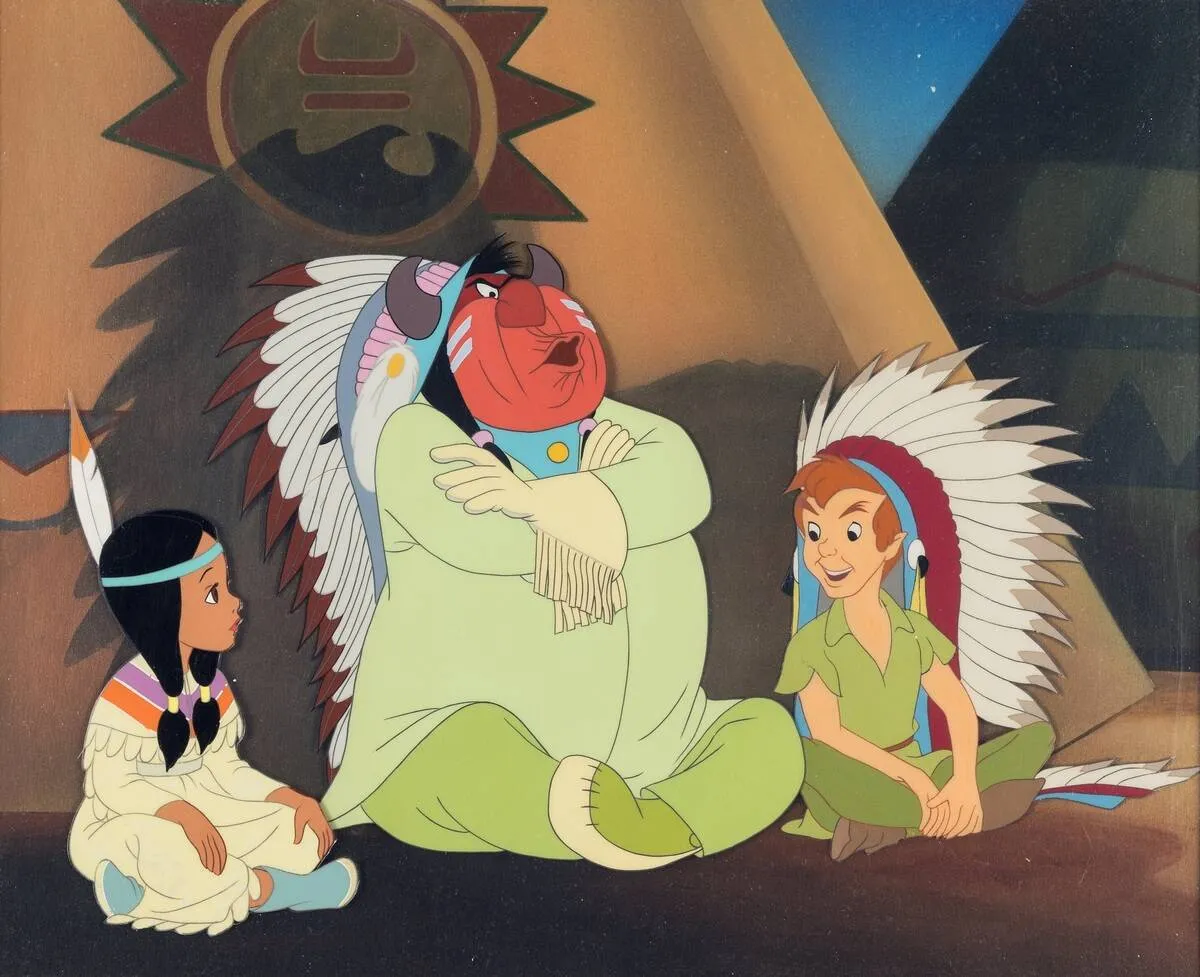
As timeless as Disney's animated classics can seem, some are also known to contain parts that starkly remind the audience how long ago they were released.
And in Peter Pan, the "What Made The Red Man Red" number is a perfect example of the kind of racial fare that passed muster at the time but is horrifying to modern sensibilities.
Chasing Amy (1997)

Although Chasing Amy was clearly intended to be a romantic comedy that took the LBGTQ+ community seriously, it was also clear that writer/director Kevin Smith's understanding of that community was still in its early stages.
Oddly enough, it wasn't the only movie around that time that seemed to imply Ben Affleck had the power to enter romantic relationships with women who otherwise identified as lesbians.
There's Something About Mary (1998)
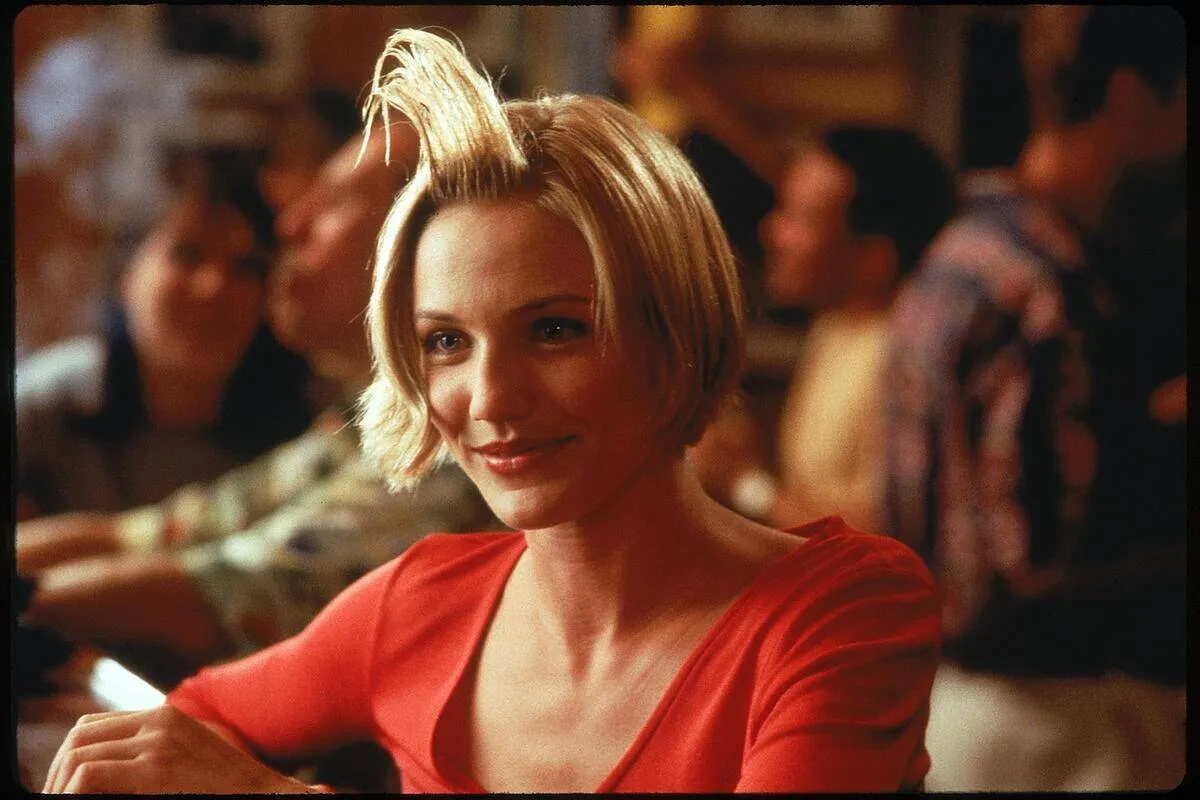
True to its Farrelly Brothers pedigree, There's Something About Mary is a famously raunchy romantic comedy. But while modern viewers may expect that going in, this knowledge doesn't prepare them for the movie's relationship dynamics.
Because while Matt Dillon's character is portrayed as obsessive, manipulative, and stalker-like in the way he pursues Mary, the character the viewer is supposed to root for exhibits almost exactly the same tendencies.
The Love Guru (2008)
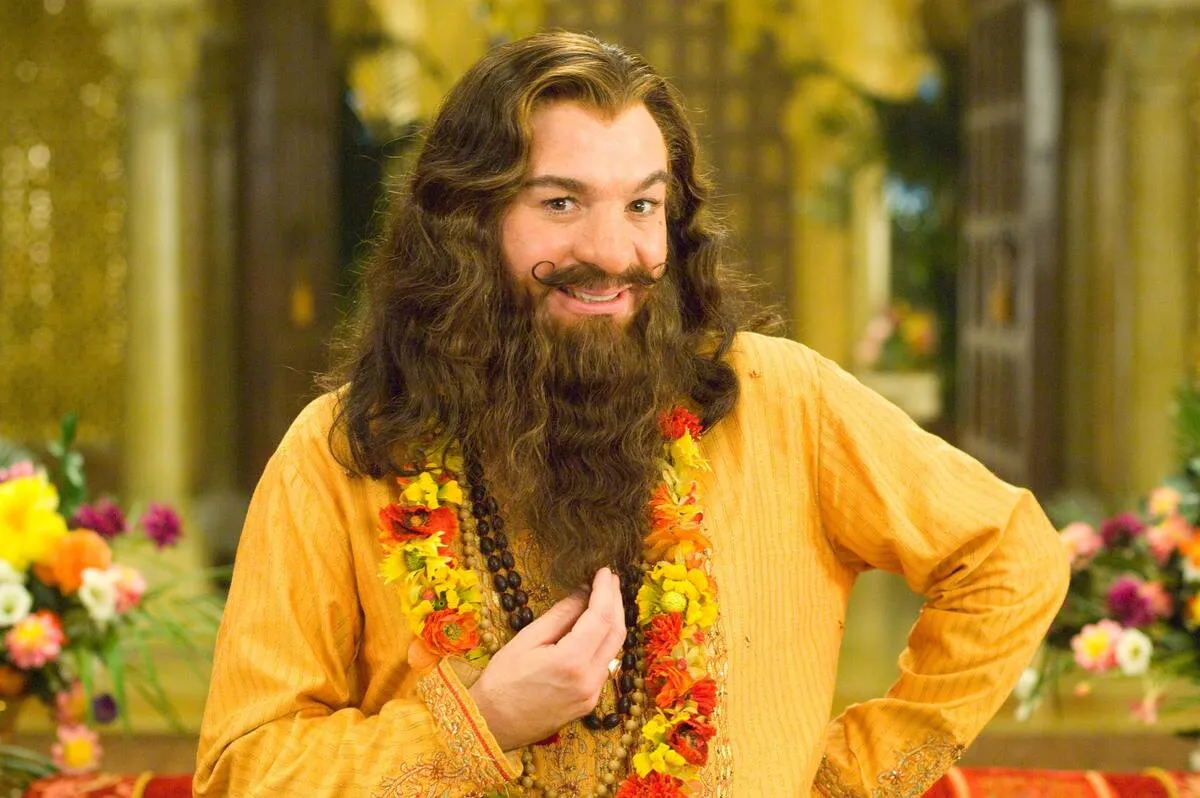
It's no secret that the Mike Myers comedy The Love Guru flopped hard when it came out. And while the discomfort of seeing the white Myers ham it up as an Indian character was noted at the time, it was treated as just another reason why this movie wasn't worth seeing.
Nowadays, the response would likely be stronger and more immediate. Rather than attracting little interest after an unappealing trailer, the movie would have likely generated controversy before the trailer was even ready.
Dumbo (1941)

In the decades since the release of Disney's Dumbo, the murky racial ground under the crows supporting Dumbo towards the end of the movie has been the subject of intense debate.
Because while their portrayal isn't explicitly negative, and some of them were voiced by Black actors, their leader was voiced by a Caucasian man and was named Jim Crow. For this reason, the parallels between Dumbo and the now-infamous Jim Crow minstrels shows — from which the Jim Crow segregation laws of the 20th century get their name — are too obvious to ignore.
Soul Man (1986)
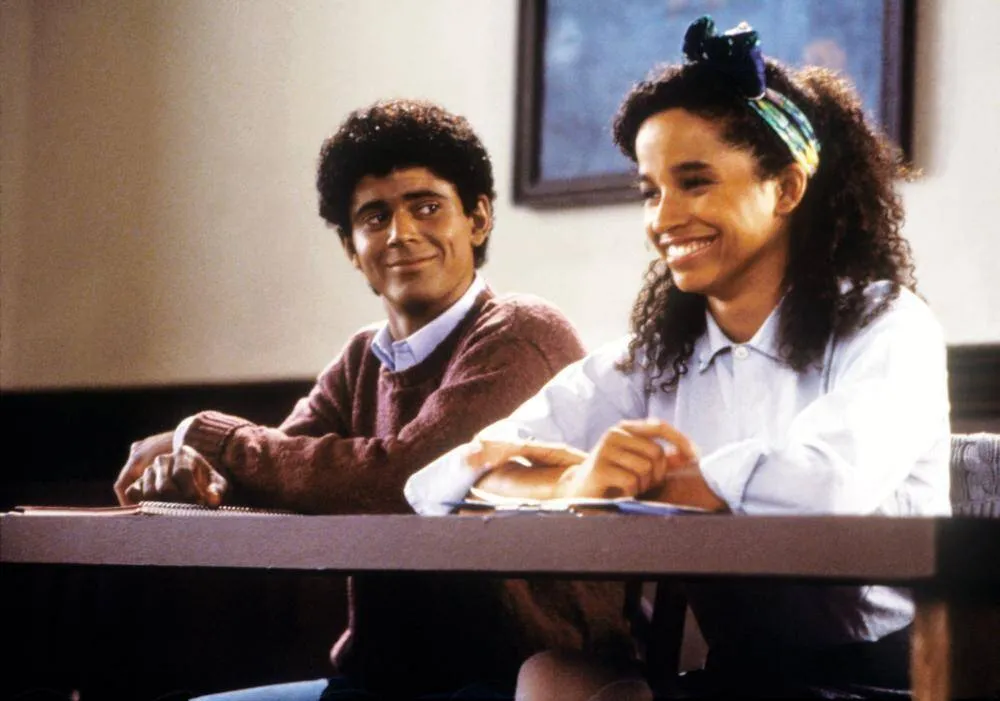
It would be a stretch to call the '80s comedy Soul Man beloved even at the time, but the movie's very premise would essentially be a non-starter today.
For those unaware, the movie is about a white law student darkening his skin to pose as a Black man in a bid to get a Harvard scholarship.









